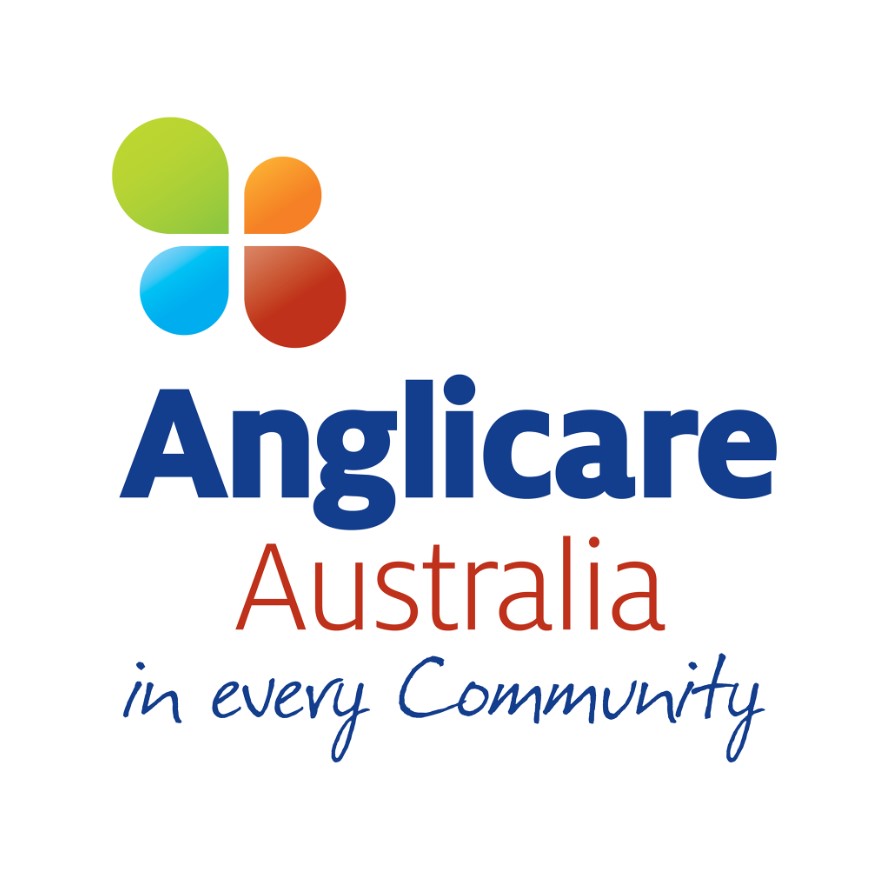Australians on lower incomes face higher living costs, says Anglicare Australia
September 12, 2023
Anglicare Australia has launched a landmark report showing that Australians on lower incomes face higher living costs.
The Poverty Premium looks at six key living costs and finds that people are penalised if they can’t afford to buy groceries in bulk, pay costs annually instead of monthly, or upgrade to a more efficient car.
Executive Director Kasy Chambers said that people on lower incomes often pay more for the same basic essentials.
“Our research shows that it costs more to be poor,” she said. “People pay more because they can’t afford to buy in bulk or to shop around. They pay penalties if they’re forced to live further away from their work and communities. And the best credit deals are for people with high credit scores and healthy bank balances.
“These extra costs are a poverty premium, punishing people who are already earning less. We’ve found that people can pay up to one and a half times more for the same service, pushing them even further behind.
“Some people find themselves in debt spirals trying to juggle all of their costs. Others forego basic essentials by skipping meals, missing medical appointments, and avoiding getting insurance – only to pay for it down the track.
Kasy said:
These numbers show us that Australians doing it tough need real action, and real leadership. That means raising the rate of Centrelink payments, making the minimum wage a living wage, and creating cheaper insurance and energy options for people who need them.
The Poverty Premium includes examples of people on low incomes spending:
- 10 percent more on fuel for less efficient cars
- 20 percent more on energy
- 23 percent more on public transport
- 45 percent more on credit and loans
- 61 percent more on insurance
- 93 percent more on groceries
- 142 percent more on phone data.
Have you considered financial counselling?
Anglicare Tasmania operates the National Debt Helpline in Tasmania. It provides FREE AND CONFIDENTIAL advice for anyone experiencing financial stress. We can assist you to develop a budget that works for you and advocate on your behalf to lending institutions. Telephone and face-to-face counselling is available. Check this webpage for helpful tips and get the ball rolling today by ringing 1800 007 007.

